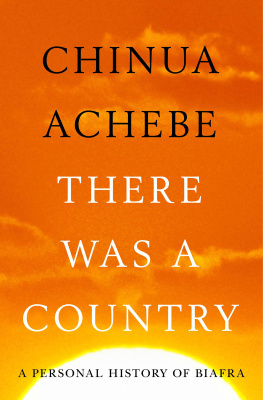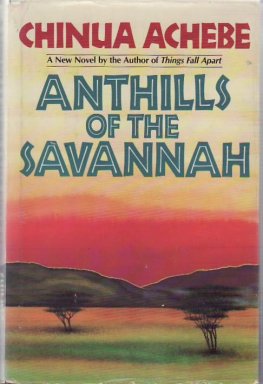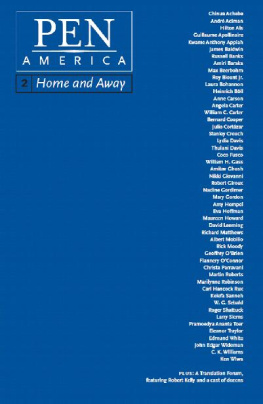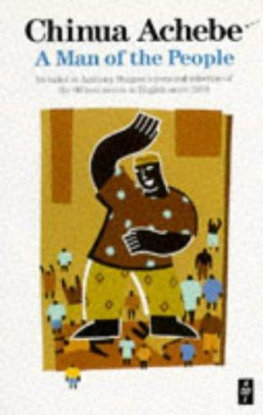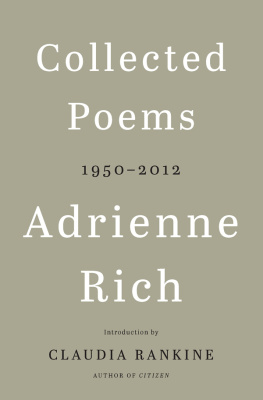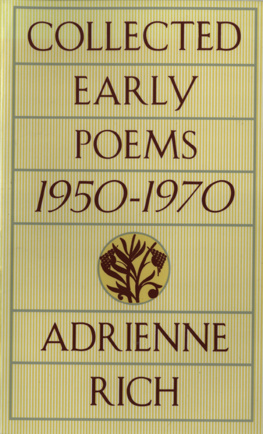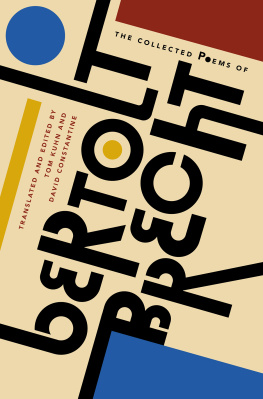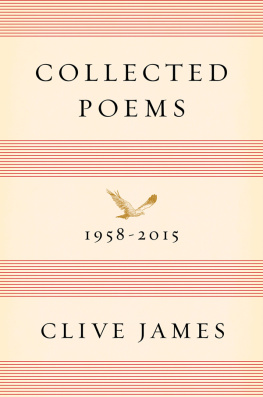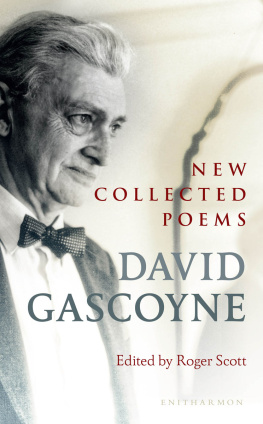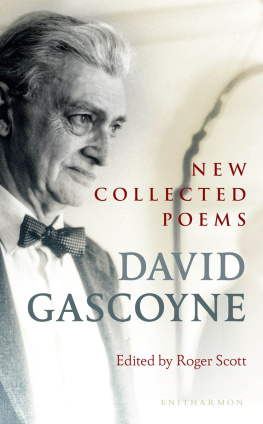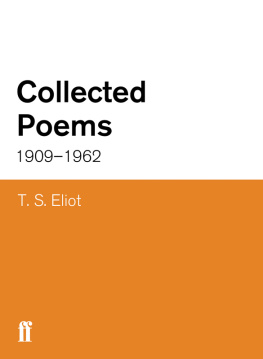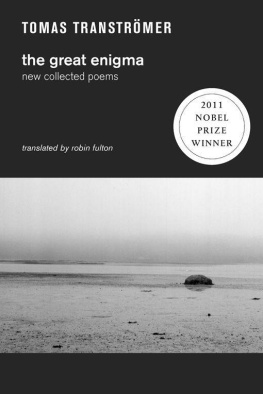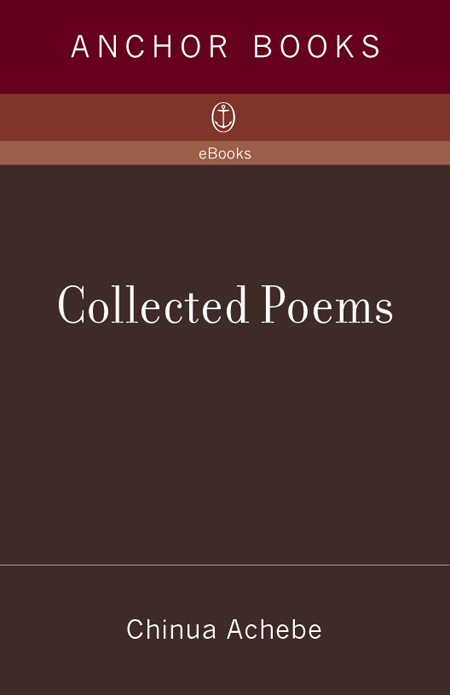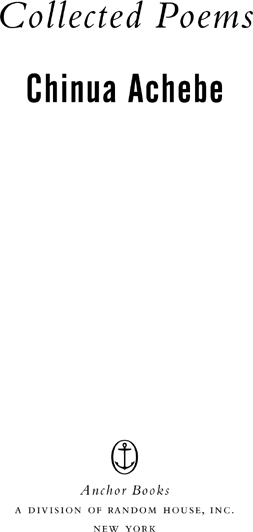(editor, with C. L.
In Lieu of a Preface: A Parable
The Author had begun to worry about his own conduct. Perhaps he had not been fair to his poems. Yes, the same poetry that had surged from the depths to bring pain-soaked solace in the breach and darkness of civil war. Now he had stepped out alone into the light. Everyone knows, of course, that an author cannot possibly bring things to such a pass unaided. He had plenty of help from his then Publisher, who filled the role of primary culprit, leaving the Author with the guilt only of acquiescence and quietude.
For, in truth, the Author had raised the matter of his poems now and again with the Publisher, aloof in his towers and battlements in distant London, unready for strange images and cadences; and his reply had always been a telegraphic non sequitur: We do very well with your novels, you know. In time the poems, like all children reared in hardship, grew tougher and wiser than their peers. They figured out that as offspring of a heedless parent they were fated to find their own way in the world. Their unguided wandering before long brought them face-to-face with a magician, Negative Capability, the holy man of the forest, shaggy-haired powered for eternal replenishment, alias Man Pass Man; and he blessed their struggle. They went out early one morning in search of validation and returned at nightfall singing and dancing and bearing aloft the trophy of Commonwealth Poetry. A few ripples, but no waves.
They contrived something breathtakingly audacious: they got Her Britannic Majesty to invoke six of their lines to end a royal admonition to her Commonwealth in crisis. Remember also your children for they in their time More ripples, but hardly any waves. If the Publisher heard any of it he kept the news to himself, and kept also his blurb on the book of poems in which he absentmindedly praised the novels. What happened next is not very clear, though there is no lack of speculation. The one certain fact, however, is that the poems went silent. Did they go underground, as one rather romantic commentator would have it, to cultivate a secret guild of readers? Nobody can really say.
The Author does recall, however, that at about this time he had begun to observe increasing numbers of intense-looking men and women in his audiences who would go up to the dais at the end of a reading and askor even demandto know where to find the book he read from. An American photographer with a fine portfolio of African material came on the scene at this time with a request to the Author for collaboration. So impressed was the Author by the photographs that he readily agreed to contribute to a catalog of their exhibition, and became joint author of a magnificent coffee-table book with the beguiling title of Another Africa. In his enthusiasm he found himself traveling across the United States to Seattle and Portland, Oregon, to read and speak at the exhibition. And then things took a sudden, unexpected turn. The Author received an urgent call from a lady who identified herself as Curator of Another Africa exhibition, now showing in a major museum in the Midwest, in a city that had better remain nameless.
- -Why in a hurry?
- -Because visitors to the exhibition are taking away your poems from the catalog.
- -Taking away my poems, how?
- -Ripping them out.
- -Taking away my poems, how?
- -Ripping them out.
And carrying them away.
- -My gentle readers? Oh, dear!
- -What's that?
- -Never mind.
The Author has at last found a new Publisher who, unaware of these events, has set about publishing his collected poems. The Author, suitably chastened, is dreaming of a new day when peace will return to the affair of books, to wit: writing, publishing, and reading.
Prologue
1966
absentminded our thoughtless days sat at dire controls and played indolently slowly downward in remote subterranean shaft a diamond-tipped drill point crept closer to residual chaos to rare artesian hatred that once squirted warm blood in God's face confirming His first disappointment in Eden
Nsukka, November 19, 1971Benin Road
Speed is violence Power is violence Weight violence The butterfly seeks safety in lightness In weightless, undulating light But at a crossroads where mottled light From old trees falls on a brash new highway Our separate errands collide I come power-packed for two And the gentle butterfly offers Itself in bright yellow sacrifice Upon my hard silicon shield.


